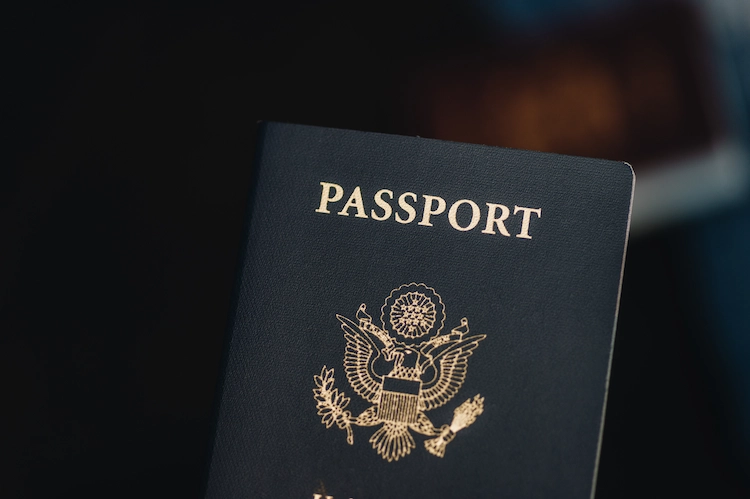United States v Cruikshank: Reconstruction and the Constitution
Historical
In United States v Cruikshank, 92 U.S. 542 (1875), the U.S. Supreme Court held that protections afforded by the newly enacted Fourteenth Amendment, including due process and equal protection, did not apply to individual actions, but only those by state actors.
Characterized as one of the Supreme Court’s worst rulings, the decision handicapped the federal government’s ability to protect newly freed slaves for nearly a century.
The Facts of United States v Cruikshank
The case arose from the Colfax Massacre, which occurred in Louisiana in 1873. In the wake of a disputed gubernatorial election, a riot broke out between the White League (a group akin to the Klu Klux Klan) and Louisiana’s largely African American state militia. In the end, more than 100 black men were killed, many in cold blood.
The men were not charged with murder, but rather with violating the Enforcement Act of 1870. The statute prohibited two or more people from conspiring to deprive anyone of their constitutional rights, which in this case was the Second Amendment’s right to bear arms and the First Amendment’s freedom of assembly. After being convicted, the men appealed to the U.S. Supreme Court.
The Court’s Decision in United States v Cruikshank
The Supreme Court overturned the convictions. It ruled holding that the Fourteenth Amendment’s Due Process Clause and the Equal Protection Clause only applied to state action, and not to actions by individual citizens. “The fourteenth amendment prohibits a State from depriving any person of life, liberty, or property, without due process of law; but this adds nothing to the rights of one citizen as against another,” Chief Justice Morrison Waite wrote on behalf of the majority.
The Court also held that the First Amendment right of assembly and the Second Amendment right to bear arms only protect against violations by the federal government. In reaching its decision, the majority highlighted the distinction between the federal and state governments. As Chief Justice Waite explained:
There is in our political system a government of each of the several States, and a Government of the United States. Each is distinct from the others, and has citizens of its own who owe it allegiance, and whose rights, within its jurisdiction, it must protect. The same person may be at the same time a citizen of the United States and a citizen of a State, but his rights of citizenship under one of those governments will be different from those he has under the other.
With regard to the First Amendment, the majority held that the right of assembly “was not intended to limit the powers of the State governments in respect to their own citizens, but to operate upon the National Government alone.” Accordingly, “for their protection in its enjoyment … the people must look to the States. The power for that purpose was originally placed there, and it has never been surrendered to the United States.”
The majority similarly concluded that the Second Amendment serves only as a restriction on the federal government. The Chief Justice wrote:
The right there specified is that of “bearing arms for a lawful purpose.” This is not a right granted by the Constitution. Neither is it in any manner dependent upon that instrument for its existence. The second amendment declares that it shall not be infringed, but this, as has been seen, means no more than that it shall not be infringed by Congress. This is one of the amendments that has no other effect than to restrict the powers of the national government, leaving the people to look for their protection against any violation by their fellow citizens of the rights it recognizes, to what is called, in The City of New York v. Miln, 11 Pet. 139, the “powers which relate to merely municipal legislation, or what was, perhaps, more properly called internal police,” “not surrendered or restrained” by the Constitution of the United States.
Previous Articles
SCOTUS Holds Wire Fraud Statute Doesn’t Require Proof Victim Suffered Economic Loss
by DONALD SCARINCI on June 24, 2025
In Kousisis v. United States, 605 U.S. ____ (2025), the U.S. Supreme Court held that a defendant wh...
SCOTUS Holds Wire Fraud Statute Doesn’t Require Proof Victim Suffered Economic Loss
by DONALD SCARINCI on June 17, 2025
In Kousisis v. United States, 605 U.S. ____ (2025), the U.S. Supreme Court held that a defendant wh...
SCOTUS Considers Birthright Citizenship
by DONALD SCARINCI on June 13, 2025
On May 15, 2025, the U.S. Supreme Court heard oral arguments in Trump v. CASA, Inc., Trump v. Washi...
The Amendments
-
Amendment1
- Establishment ClauseFree Exercise Clause
- Freedom of Speech
- Freedoms of Press
- Freedom of Assembly, and Petitition
-
Amendment2
- The Right to Bear Arms
-
Amendment4
- Unreasonable Searches and Seizures
-
Amendment5
- Due Process
- Eminent Domain
- Rights of Criminal Defendants
Preamble to the Bill of Rights
Congress of the United States begun and held at the City of New-York, on Wednesday the fourth of March, one thousand seven hundred and eighty nine.
THE Conventions of a number of the States, having at the time of their adopting the Constitution, expressed a desire, in order to prevent misconstruction or abuse of its powers, that further declaratory and restrictive clauses should be added: And as extending the ground of public confidence in the Government, will best ensure the beneficent ends of its institution.





